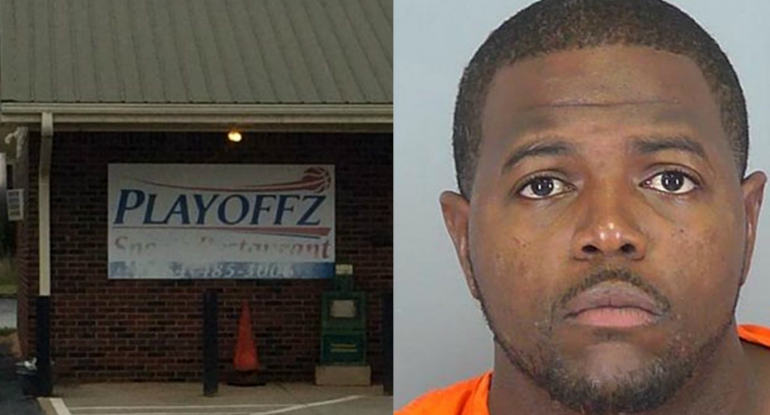Gotta say I’m pretty pissed at Snopes about this one.
Jody Ray Thompson shoots into a crowd, injuring three. Then a citizen with a conceal carry permit shoots Thompson. Now one side says the citizen “stopped a mass shooting.”
When people quote the outrageous number of mass shootings that have happened in a short time frame, they’re usually using the Shootingtracker.com (FBI-derived) definition of “mass shooting”: “FOUR or more shot and/or killed in a single event [incident], at the same general time and location, not including the shooter.”
So Thompson shot three people and was stopped. He didn’t reach the level of a mass shooting (four people), but he was as close as you can get when he was stopped. So it seems pretty reasonable to say the citizen who shot him “stopped a mass shooting.”
But Snopes isn’t so sure, because now, for some reason, they’re defining “mass shooting” as: “one or more gunmen deliberately setting out to indiscriminately kill multiple randomly-selected victims.” [Emphasis added.] Snopes goes on to claim it’s unclear Thompson intended to kill anyone. [ref]Even though he purposefully shot repeatedly into a crowd of people. I mean who is to say?[/ref] So is it really a “mass shooting”?
Snopes even has a previous article discussing the different definitions of “mass shooting,” and, spoiler, none of the definitions they review discuss motive. Yet in this Thompson article they assert that motive is “typically” part of the definition. Just not typical enough to have been mentioned in their article about mass shooting definitions.
It was annoying enough that I could only find this story on Fox and Washington Times (traditionally conservative outlets) and no other major outlets. Even more annoying that Snopes would grasp at straws so hard to avoid simply marking the story as “true.” Snopes in a nutshell:
Well technically I guess a legal gun owner stopped another dude from shooting more people but the shooter wasn’t a psychopath per se, so this is iffy.
What a bunch of crap.

Right: Jody Ray Thompson, the shooter.

